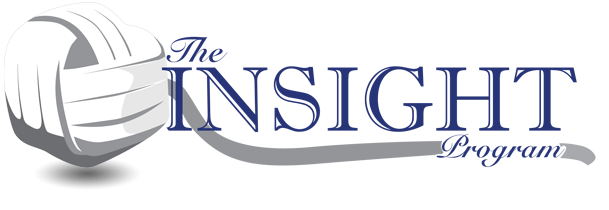Recovery from addiction is not just about abstaining from substances—it is about understanding yourself on a deeper level. Journaling is a powerful tool that can support this inner work. By putting thoughts and emotions on paper, individuals in recovery can gain clarity, recognize patterns, and track their personal growth over time. Writing creates a safe space for reflection, expression, and healing.
Understanding the Power of Journaling
Addiction often disconnects people from their feelings. Substances are sometimes used to numb emotional pain or escape from difficult memories. In recovery, those suppressed emotions begin to surface, and it can be overwhelming. Journaling provides a private and judgment-free outlet to process these feelings.
Writing helps slow down racing thoughts, making it easier to examine them with compassion and honesty. It becomes a conversation with yourself, where you can explore questions like: What am I feeling today? What triggered those feelings? How did I respond? What could I do differently next time?
Identifying Triggers and Patterns
One of the greatest benefits of journaling in recovery is the ability to recognize patterns. Over time, entries can reveal common themes—such as people, places, or situations that trigger cravings or anxiety. This insight allows individuals to make more informed choices about their environment and relationships.
Journaling can also help highlight coping strategies that work. For example, you might notice that exercise, deep breathing, or calling a sponsor helped you through a difficult moment. By tracking what helps and what hurts, you build a personalized recovery toolkit.
Tracking Progress and Growth
Progress in recovery can be slow and nonlinear. It is easy to forget how far you have come, especially on hard days. A journal becomes a written record of victories, big and small. Looking back on old entries can remind you of challenges you have overcome, goals you have met, and lessons you have learned.
This sense of progress boosts motivation and reinforces commitment to the recovery journey. It also encourages self-compassion. Even setbacks or relapses, when documented with honesty, can provide valuable insight and lead to stronger resilience.
Types of Journaling to Try
There is no right or wrong way to journal. Some people prefer free writing, where they simply let thoughts flow without structure. Others find prompts helpful, such as:
-
What am I grateful for today?
-
What was a challenge I faced, and how did I handle it?
-
What does recovery mean to me right now?
Bullet journaling or visual journaling can also be useful for those who prefer a more creative or structured approach. The key is consistency—making journaling a regular part of your routine, even if only for a few minutes each day.
Conclusion
Journaling is more than just writing. It is a tool for healing, understanding, and growth. In the context of addiction recovery, it helps clarify emotions, track progress, and stay grounded in the present moment. With time and commitment, journaling can become a trusted companion on the path to lasting sobriety and self-discovery.

